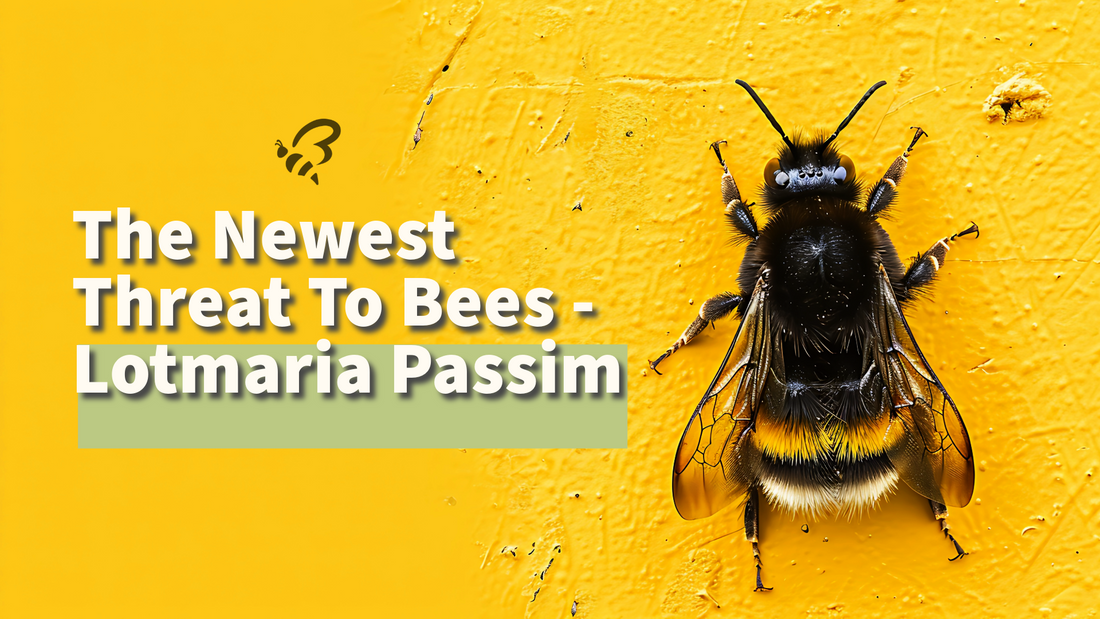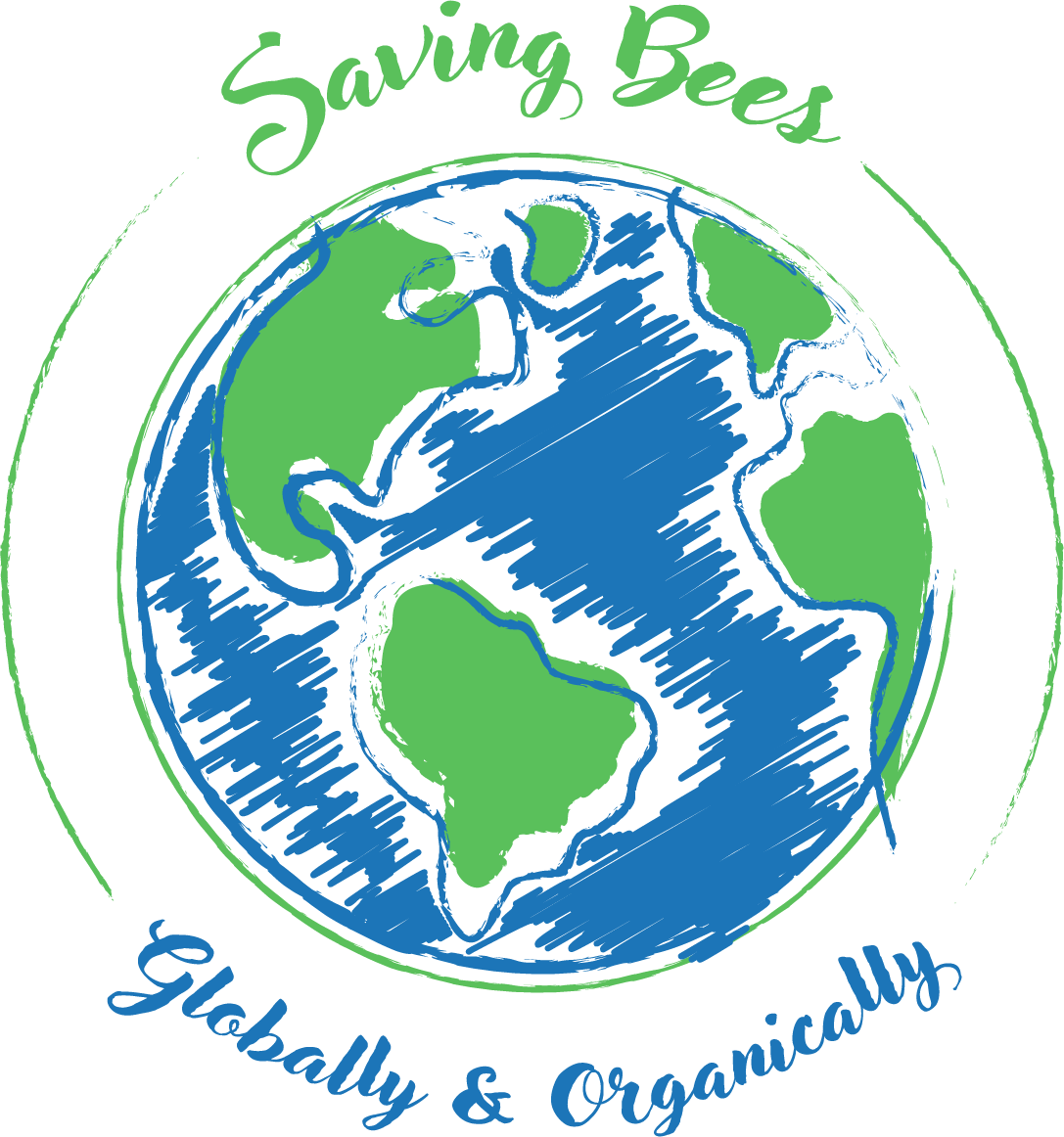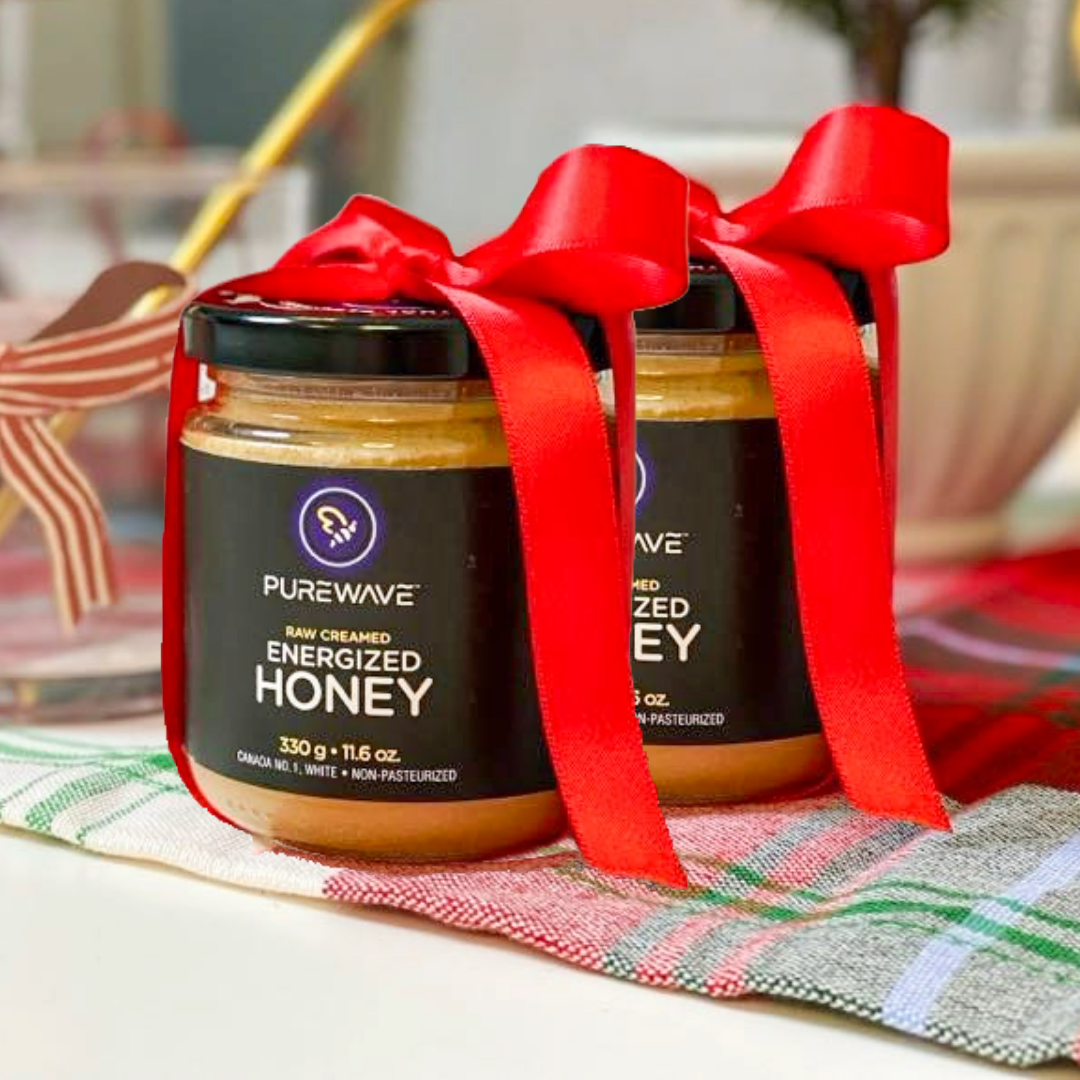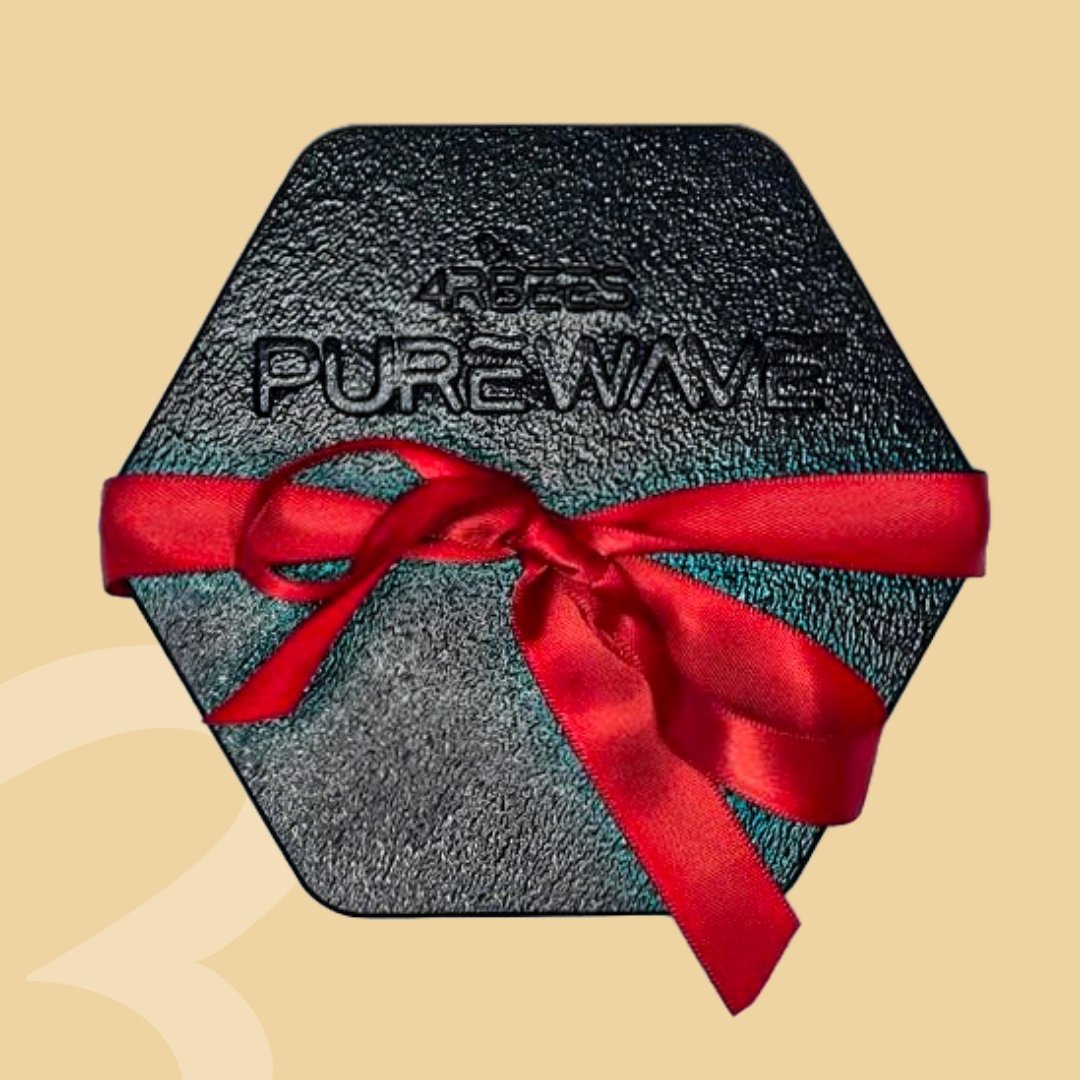
The Newest Threat To Bees - Lotmaria Passim
Share
Lotmaria passim currently appears to be the predominant trypanosome parasite in honey bees worldwide. Although the detriment of L. passim on its own or mixed with other gut parasites such as Nosema ceranae is recognized, the specific effects are still unclear.
According to a recent study published on PubMed by the NIH National Library of Health, entitled Impact of Mixed Infections of Gut Parasites Lotmaria passim and Nosema ceranae on the Lifespan and Immune-Related Biomarkers in Apis mellifera:
“There are currently two species of trypanosomes that invade the gut of Apis mellifera (L.); Crithidia mellificae (Langridge and McGhee) and Lotmaria passim (Evans and Schwarz).”
“Lotmaria passim was described only a few years ago and is now considered the most predominant trypanosome parasite of honey bees in Asia, Europe, and South and North Americas, wherein C. mellificae is considered infrequent or absent.”
The study goes on to state:
“Trypanosomes in bee species have become more relevant in recent years, since they have proven to have negative effects on behavior, physiology, the immune system, and the lifespan of the hosts. However, the specific effects of L. passim on honey bee survival, immunity, and host physiology is still unclear. On the other hand, the gut parasite Nosema ceranae (Fries) (Microsporidia) has been more thoroughly considered as a factor contributing to bee losses, either alone or in combination with other parasites.”
Nosema ceranae was first reported in European honey bees around 10 years ago in Europe and Asia. Since these first reports, N. ceranae has now become one of the most prevalent honey bee microsporidia worldwide. This parasite has been implicated in honey bee immunosuppression, which leads to the reduction of the host lifespan, physiological and behavioral changes, and negatively affects the productivity of honey bee colonies. Nosema ceranae has also been implicated in the global phenomenon of colony loss—specifically in Spain.
Nosema ceranae and Lotmaria passim are two commonly encountered digestive tract parasites of the honey bee that have been associated with colony losses in Canada, the United States, and Europe.
Though honey bees can be co-infected with these parasites, we still lack basic information regarding how they impact bee health at the individual and colony levels. However, we do know that they pose significant threats to bee health and survival.
The Western honey bee is the world’s most intensively managed pollinator, required for the pollination of many fruit, vegetable, and high-value cash crops. Unfortunately, the health of this pollinator is plagued by a number of factors, including the presence of a variety of pests and parasites.
At the colony level, L. passim has been correlated with increased winter colony mortality, which is the total collapse of colonies, and can also be found concurrently with N. ceranae.
Given the reports of L. passim and/or N. ceranae infections on honey bees—and the negative effects on bee health—we know that bees and other diverse pollinators are under increasing threats.
Our Solution at 4RBees
At 4RBees, our field testing over the years have proven how well bee colonies thrive and grow—and do not suffer from colony collapse or winter die-off—when a PureWave™ Cell is placed in the hive for an entire season and throughout the winter.
Are PureWave™ Cells the answer?
While we do not suggest that PureWave Cells are a “magic bullet” against parasites and diseases, we do know that they help the bee colonies significantly—especially when combined with high-octane pollen and nectar from organic wildflowers.
Join the Mission
The 4RBees mission of helping save and protect the bees and the planet organically—with PureWave Cells and Organic Wildflower Corridor Projects—is needed more than ever in today’s world if we’re going to save the bees and ourselves.
You can help the bees greatly and become part of the solution by supporting our mission with any pledge or purchase on our website—because we can’t do any of this without your help.
We stand ready to do our part—and now it’s up to your support.
👉 Click here to Save 20% On Your Next Purchase and Help Save More Bees!
*Use discount code SAVEBEES at checkout*



